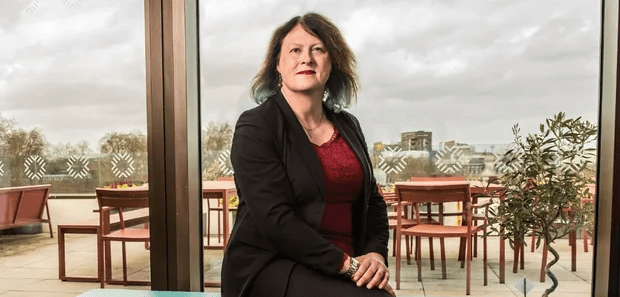Britain’s first transgender judge, Dr Victoria McCloud, is taking the UK government to the European Court of Human Rights (ECHR), challenging a recent Supreme Court ruling that states trans women are not legally considered women under the Equality Act.
The judgement, issued by the Supreme Court earlier this month, has been praised by gender-critical campaigners. However, it has sparked deep concerns among LGBTQ+ advocates, who warn it could lead to widespread exclusion of trans individuals from public life.
Legal Challenge Based on Right to Be Heard
Dr McCloud, who stepped down from the judiciary last year, claims her rights under Article 6 of the European Convention on Human Rights — the right to a fair hearing — have been breached.
She attempted to present evidence to the UK Supreme Court regarding the impact the ruling would have on trans individuals. According to McCloud, her input was disregarded.
“The Supreme Court refused to hear me, or my evidence, to provide them with information about the impact on those trans people affected by the judgment and failed to give any reasons,” she told The Guardian.
She stressed that key voices were ignored in the legal process. “There were protest groups speaking on behalf of women in this court case, but ordinary women were not actually represented as a whole.
The disabled were not represented, and now we’re seeing the Conservatives saying that trans people have got to use the disabled loos, which impacts the lives of disabled people. The impacts of all of this have not been dealt with.”
A Divisive Judgement with Broad Implications
The Supreme Court ruling clarifies that the definitions of “woman” and “sex” in the Equality Act refer strictly to biological sex.
This means trans women — even those with a Gender Recognition Certificate (GRC) — can be lawfully excluded from single-sex spaces, provided the exclusion is considered “proportionate”.
While campaigners who favour sex-based rights have hailed the decision as a legal victory, others say the implications are dangerous.
There are fears the ruling will marginalise trans individuals from accessing public services, especially in areas like healthcare, education, and emergency accommodation. Dr McCloud labelled the situation as one of “chaos” rather than clarity.
Backlash from the Medical Community
The British Medical Association (BMA) has also publicly condemned the ruling. Doctors within the union described the decision as “biologically nonsensical” and “scientifically illiterate”.
At a recent meeting, the union’s junior doctors’ branch — representing nearly 50,000 medics — passed a motion denouncing the Supreme Court’s interpretation of biological sex.
The judgement, made unanimously by five of the UK’s most senior judges, is expected to shape the legal landscape around gender identity and access to single-sex services for years to come.
Dr McCloud’s legal challenge to the ECHR marks a significant escalation in the ongoing debate over trans rights in the UK. The outcome could have major ramifications not only for transgender people but also for how the UK’s highest court handles voices from impacted communities.
The case brings international attention to the UK’s legal treatment of transgender people and questions whether fair judicial processes are being upheld for all.
As the debate around gender identity and legal definitions intensifies, Dr McCloud’s case against the UK represents more than a personal grievance — it’s a test of the country’s commitment to fairness, representation, and human rights. The coming months will show whether Europe’s top human rights court agrees that key voices were silenced in a ruling with nationwide consequences.






